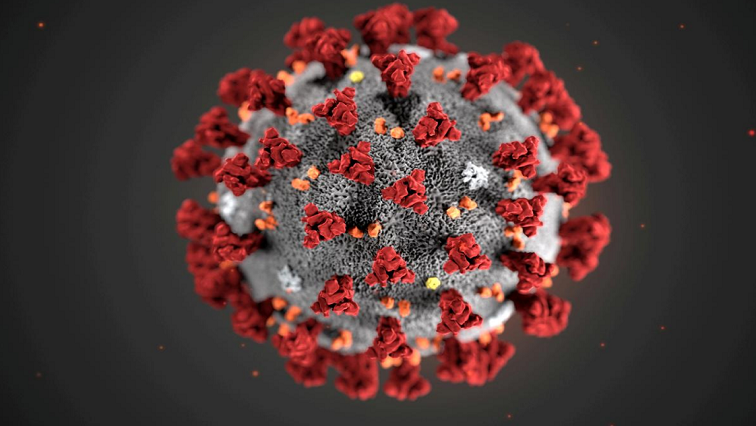The Africa CDC says it is in contact with health officials in South Africa to understand the new COVID-19 variant and its impacts on populations. Director Dr. John Nkengasong says it is too early for the center to comment even, as South Africa announced that the B.1.1.529 variant has been detected in the country.
The National Institute for Communicable Diseases earlier confirmed the emergence of a new COVID-19 variant in South Africa.
Scientists have warned that the new COVID variant carries an extremely high number of mutations may drive further waves of disease by evading the body’s defences
A statement of what is known about this variant is expected to be released shortly.
This comes ahead of a predicted 4th wave of infections due to hit the country in December.
Minister of Health Joe Phaahla is expected to host a media briefing this afternoon.
Unvaccininated youth urged to get jabs
In light of growing fears and concerns of a possible fourth wave of infections, the Department of Health has urged young people in the country to get vaccinated.
The Department’s Acting Director-General, Dr Nicholas Crisp, has again warned that the next coronavirus wave is likely to hit the country over the festive season.
Dr Crisp has also expressed concern about vaccine hesitancy among some young people.
“Over 65% of people over 60 have already had at least one dose, now 60% of the over 50s have been vaccinated. But as one goes down and into the population of the 18s to 35s and the 35s to 49s, the rate drops dramatically. So only about a quarter of young people between the ages of 18 and 35 have been vaccinated and there has been ample opportunity for that group. They seem to follow social media or be very dissuaded by the negative comments and disinformation and poor facts that are in that space.”
Previous variants in SA
The Delta variant dominated infections in South Africa during the third wave of COVID-19 infections in the country, taking a turn for the worst in July as cases spiked.
At the time, according to the World Health Organisation (WHO), the variant was the most transmissible of the variants identified so far.
WHO Director-General Tedros Adhanom Ghebreyesus said the lack of vaccines in poor countries exacerbated the variant’s transmission.
WHO outlines COVID-10 variants during the third wave:
What is the Delta variant?
Striking unvaccinated populations in many countries, the Delta variant, first identified in India, proved capable of infecting a higher proportion of vaccinated people than its predecessors.
The WHO classified Delta as a variant of concern, meaning it has been shown capable of increasing transmissibility, causing more severe disease or reducing the benefit of vaccines and treatments.
According to Shane Crotty, a virologist at the La Jolla Institute for Immunology in San Diego, Delta’s “superpower” is its transmissibility. Chinese researchers found that people infected with Delta carry 1,260 times more virus in their noses compared with the original version of the coronavirus. Some U.S. research suggests that the “viral load” in vaccinated individuals who become infected with Delta is on par with those who are unvaccinated, but more research is needed.
While the original coronavirus took up to seven days to cause symptoms, Delta causes symptoms two to three days faster, giving the immune system less time to respond and mount a defense.
Delta also appears to be able to mutate further, with reports emerging of a “Delta Plus” variant, a sub-lineage that carries an additional mutation that has been shown to evade immune protection.
In the video below, SABC News explains the Delta variant in more detail:
-Additional reporting by Prabashini Moodley and Reuters






